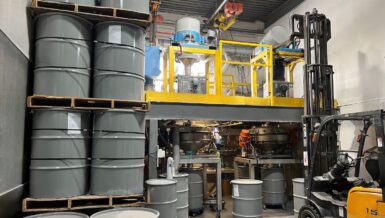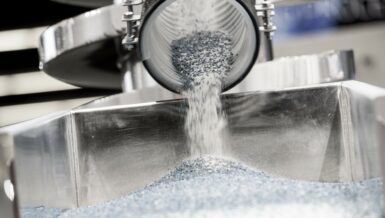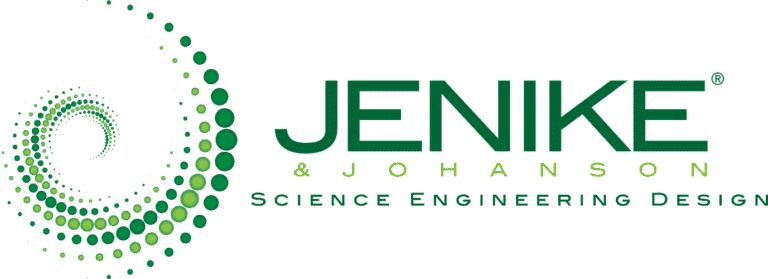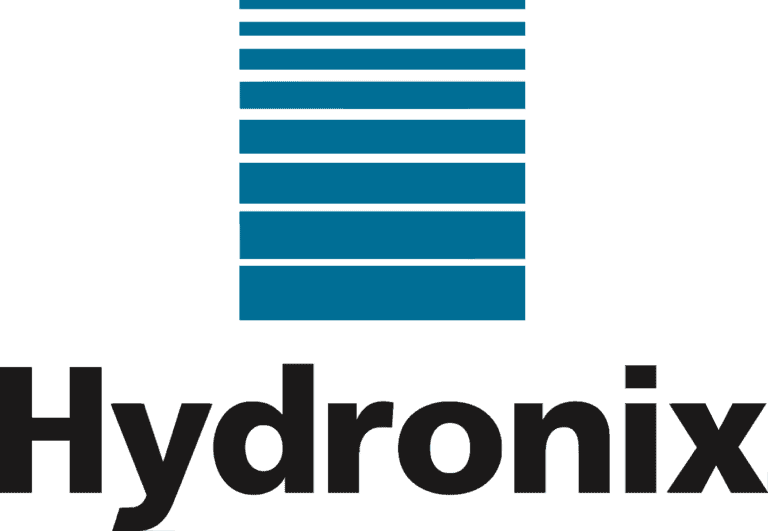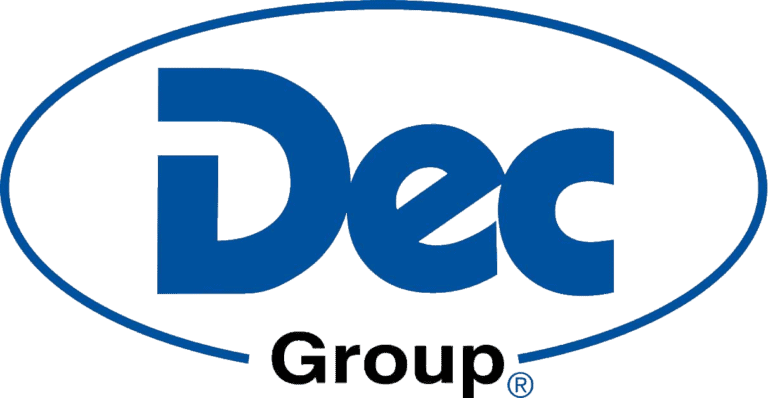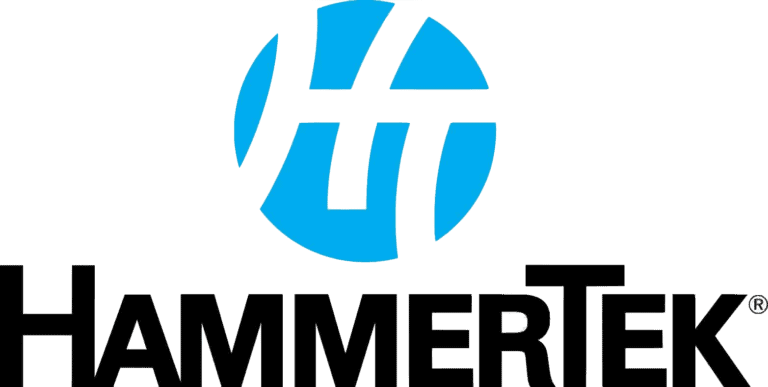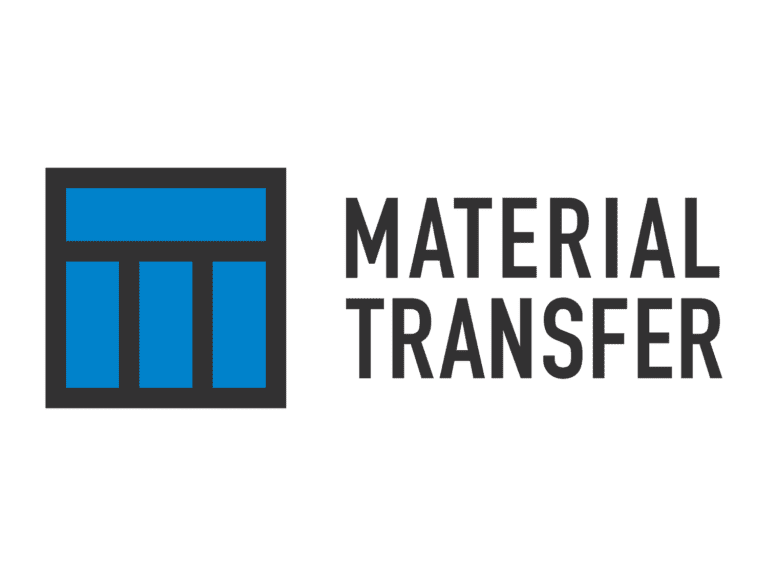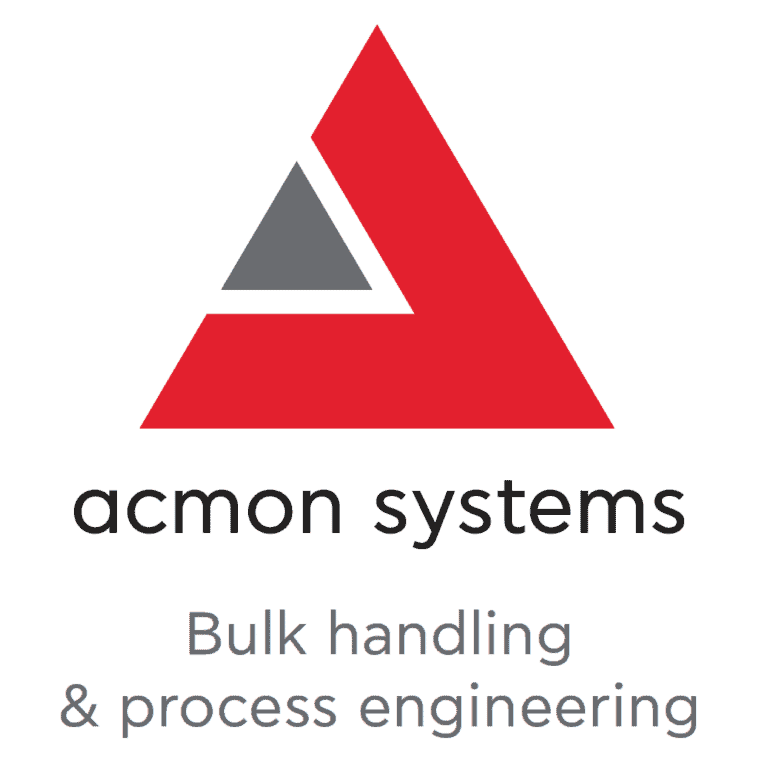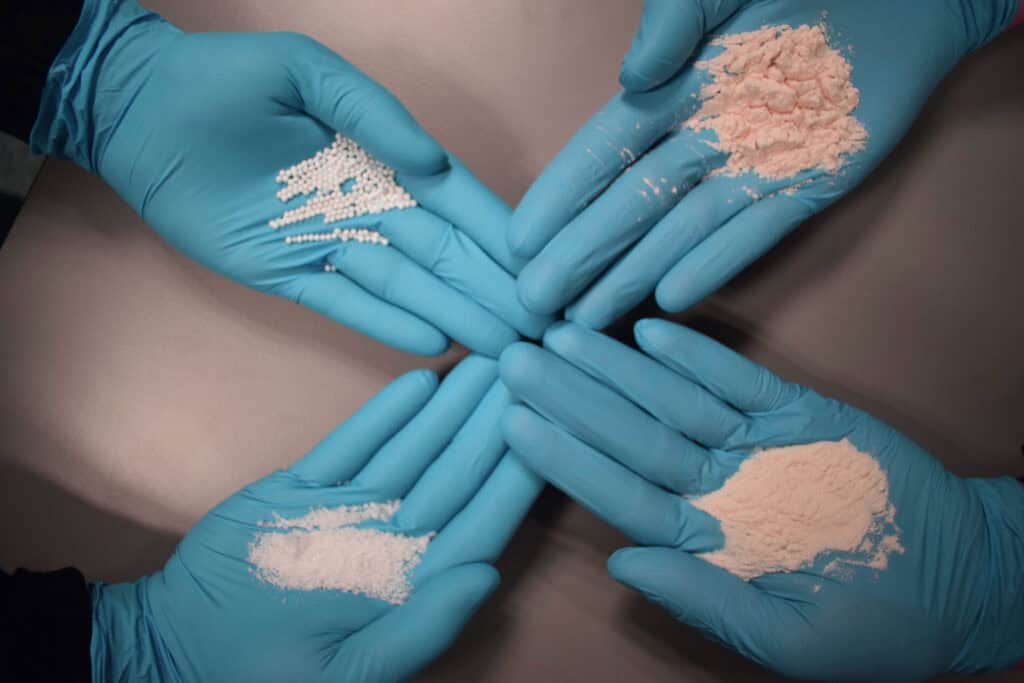Black Mass, typically containing lithium, cobalt, nickel, and other valuable metals, is obtained through hydrometallurgical or pyrometallurgical recycling processes. These processes start by physically dismantling the batteries, followed by chemical treatments to leach out metals, leaving behind the coveted Black Mass.
Navigating this challenging terrain, Elcan Industries has pioneered a proprietary sieving technology – the Hi-Sifter. This innovative technology has revolutionized the way Black Mass is recovered from shredded batteries. With precision, efficiency, and environmentally conscious, the Hi-Sifter sorts and sieves through shredded battery material, effectively separating the valuable Black Mass from the waste into different fractions.
Elcan Industries’ has successfully helped numerous battery recycling companies recover Black Mass with yields of over 98% with our high energy screening technologies. This provides a sustainable source of raw materials for new batteries and significantly diminishes the environmental impact of LIB production. By recovering the valuable Black Mass, we’re ensuring that our waste becomes a treasure that helps power the future and is not disposed of into landfills.
Our journey has only just begun, but we are steadfast in our pursuit of transforming battery recycling. With the Hi-Sifter technology, we’re driving towards a future where every bit of waste is seen as untapped wealth, effectively contributing to the global fight against climate change.





